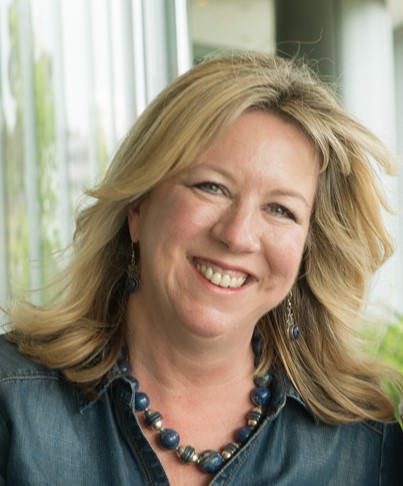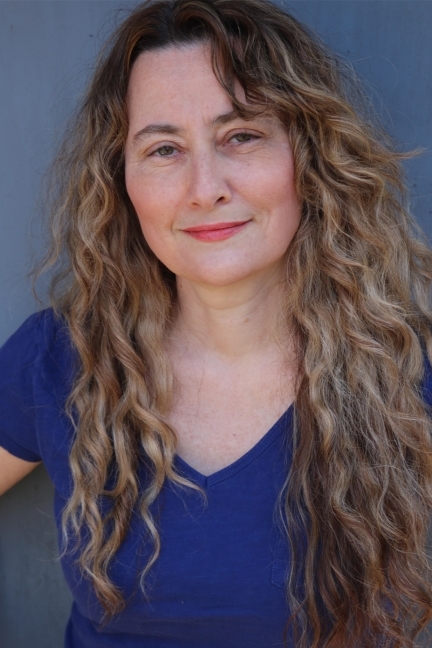Nov 07 2024 72 mins 52
This week, we consider whether viruses might be able to overcome bacterial infections that resist all antibiotics. We start with a thrilling story from a few years ago in which a scientist saved her husband’s life with bacteriophages. Then we turn to a journalist who grew up in Russia where bacteriophages are common remedies. She explains what they are and how they work. Will we soon be relying more on nature’s viral warriors?
You could listen through your local public radio station or get the live stream at 7 am EDT on your computer or smart phone (wunc.org). Here is a link so you can find which stations carry our broadcast. If you can’t listen to the broadcast, you may wish to hear the podcast later. You can subscribe through your favorite podcast provider, download the mp3 using the link at the bottom of the page, or listen to the streaming audio on this post starting on November 11, 2024.
A Scientist’s Race to Save Her Husband’s Life:
Almost ten years ago, Dr. Tom Patterson became ill while on vacation in Egypt. His wife, Dr. Steffanie Strathdee, is an infectious disease expert. She recognized the danger when Egyptian doctors identified his infection as due to Acinetobacter baumannii that did not respond to the usual antibiotics.
By the time he was medevacked back home to California, even the last resort medications failed to work against his infection, and he was in a coma. Dr. Strathdee frantically searched for something that might help. What she came up with was bacteriophages. Tom’s doctor agreed to administer the phages if Steffanie could find a source that would match his infection. You won’t want to miss this amazing story.
Why Haven’t You Heard of Nature’s Viral Warriors?
Bacteriophages–viruses that exclusively infect bacteria–were discovered independently more than 100 years ago in two different countries, France and Georgia. However, you may well never have heard of these viral warriors. They are very specialized, with each bacteriophage grabbing only one type of bacterium. As a result, getting the right bacteriophage for treating a serious infection may require some personalized research.
When antibiotics work, that extra time to find the perfect phage is a drawback. But if antibiotics fail, getting nature’s viral warriors to go to work for the patient can save lives.
A Legacy from the Soviet Union:
Science writer Lina Zeldovich grew up in Russia when it was part of the Soviet Union. She became fascinated with phages as a child, and her new book, The Living Medicine, outlines the history of these remarkable therapies. In fact, even the title of her book might be controversial. Scientists don’t unanimously agree that viruses are alive, because they rely on their host cells for energy, protein manufacture and replication.
For most of the 20th century, viruses have existed in the popular imagination primarily as pathogens. A virus that attacks your cells will make you sick. That is certainly true. Common but potentially dangerous viruses include influenza and SARS-CoV-2, while more exotic viruses like Eastern Equine Encephalitis or West Nile virus are also frightening. But bacterial infections are also common and can be lethal.
Two Scientists Discover Something That Kills Bacteria:
Early in the 20th century, two researchers working independently found that something in sewage or contaminated river water could kill dangerous disease-causing bacteria. One, self-taught bacteriologist Félix d’Hérelle, worked at the Institut Pasteur. The other, Georgian Giorgi Eliava, was working in Tbilisi. Around 1920, he went to study at the Pasteur Institute, where he met d’Hérelle. The two became friends and collaborators. If it had not been for World War II and the subsequent Cold War, very likely the West would have learned far more about bacteriophages. Eliava’s work promoted their use in Georgia and throughout the Soviet Union. The connection with the Soviet Union was a big drawback for recognition in the United States and Western Europe.
Nature’s Viral Warriors Against Antibiotic-Resistant Bacteria:
Antimicrobial resistance has been growing over the last few decades, and infectious disease experts are concerned. Could nature’s viral warriors really rescue us when antibiotics fail? For the most part, drug companies have ignored phages. Find out why scientists should learn more about how to use bacteriophages to fight infection.
This Week’s Guests:
Steffanie A. Strathdee, PhD, is Associate Dean of Global Health Sciences and Harold Simon Professor in the Department of Medicine at the University of California San Diego School of Medicine. She is also an Adjunct Professor at Johns Hopkins and Simon Fraser Universities. She co-directs the UCSD Global Health Institute and the International Core of the University’s Center for AIDS Research. She is also co-director of UCSD’s new Center for Innovative Phage Applications and Therapeutics (IPATH). To email IPATH: [email protected]
Dr. Strathdee’s TEDX talk is here. She is the author, with Tom Patterson, of The Perfect Predator: A Scientist’s Race to Save Her Husband from a Deadly Superbug: A Memoir. You’ll find more information about the UCSD program on bacteriophages here.

Steffanie Strathdee, PhD, UCSD IPATH
Lina Zeldovich grew up in a dissident family of Soviet scientists and learned English as a second language in her twenties, as an immigrant New Yorker. Now an award-winning journalist, author, speaker, and Columbia Journalism School alumna, she has contributed hundreds of stories for leading publications including Popular Science Magazine, The New York Times, Reader’s Digest, Scientific American, Smithsonian, National Geographic, and BBC, and appeared on radio, podcasts and TV. Lina is the author of The Other Dark Matter: The Science and Business of Turning Waste into Wealth and Health, and her new book new book is THE LIVING MEDICINE: How a Lifesaving Cure Was Nearly Lost―and Why It Will Rescue Us When Antibiotics Fail
It is available on Amazon and Bookshop.org. Also from the publisher: https://us.macmillan.com/books/9781250283382/thelivingmedicine
The People’s Pharmacy is reader supported. When you buy through links in this post, we may earn a small affiliate commission (at no cost to you).

Lina Zeldovich, author of The Living Medicine
Listen to the Podcast:
The podcast of this program will be available Monday, November 11, 2024, after broadcast on Nov. 9. You can stream the show from this site and download the podcast for free.